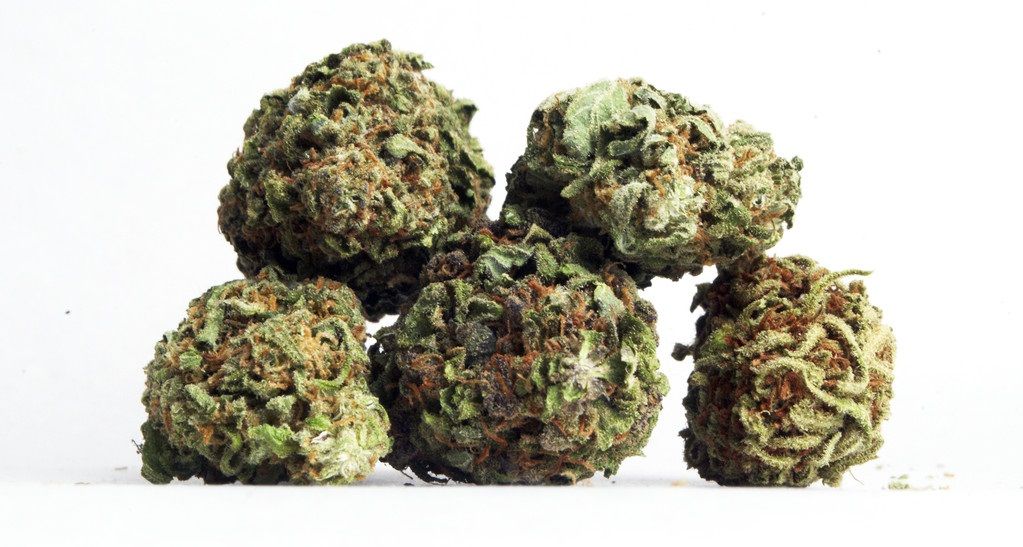Over 830 financial institutions nationwide have filed with the U.S. Treasury Department to disclose their relationships with licensed cannabis businesses, according to quarterly data from the department.
 This marks a modest increase from last year’s figures and is nearly double the number of banks and credit unions that reported partnerships with the cannabis industry in 2018.
This marks a modest increase from last year’s figures and is nearly double the number of banks and credit unions that reported partnerships with the cannabis industry in 2018.
Despite this growth, less than 10% of all U.S. financial institutions currently provide services to state-licensed cannabis businesses. Federal regulations discourage most banks from engaging with the cannabis industry due to marijuana’s status as a Schedule I controlled substance under federal law. As a result, many cannabis businesses are forced to operate largely in cash, creating significant challenges in security and operational efficiency.
Efforts to address these issues in Congress have seen mixed success. The U.S. House of Representatives has passed the SAFE Banking Act several times, legislation designed to protect financial institutions that work with cannabis businesses from federal penalties. However, the bill has repeatedly stalled in the Senate, leaving cannabis businesses with limited financial options. In September 2024 the Senate Banking Committee approved their version of the SAFE Banking Act (the SAFER Banking Act) with bipartisan support, but it has yet to receive a floor vote in the Senate.
Congressman David P. Joyce (R-OH) plans to reintroduce the SAFE Banking Act in January 2025 but hopes it may still pass during the current lame-duck session. The act, now with support from over 130 bipartisan co-sponsors, aims to provide secure banking solutions for the cannabis industry and address one of the sector’s primary obstacles.
According to a survey by Whitney Economics, over 70% of cannabis businesses cite limited access to banking and investment capital as their top challenge.
Industry advocates, including NORML, argue that banking reform is crucial for the growth and safety of the sector.
“No industry can operate safely, transparently or effectively without access to banks or other financial institutions, and it is self-evident that the players in this industry (smaller and minority-owned businesses in particular), and those consumers that are served by it, will remain severely hampered without better access to credit and financing”, NORML said in a public statement.




